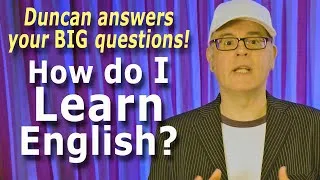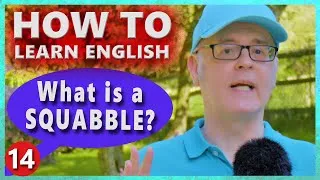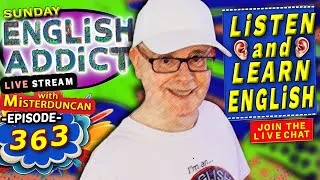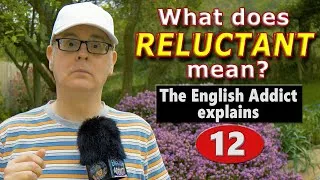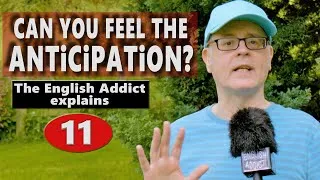English Grammar - Past Simple & Present Perfect
Gramática Inglesa - Passado Simples e Presente Perfeito
490,195 views ・ 2009-07-03
Por favor, clique duas vezes nas legendas em inglês abaixo para reproduzir o vídeo.
New videos
Este site apresentará a você vídeos do YouTube que são úteis para o aprendizado do inglês. Você verá aulas de inglês ministradas por professores de primeira linha de todo o mundo. Clique duas vezes nas legendas em inglês exibidas em cada página de vídeo para reproduzir o vídeo a partir daí. As legendas rolarão em sincronia com a reprodução do vídeo. Se você tiver algum comentário ou solicitação, por favor, entre em contato conosco usando este formulário de contato.


